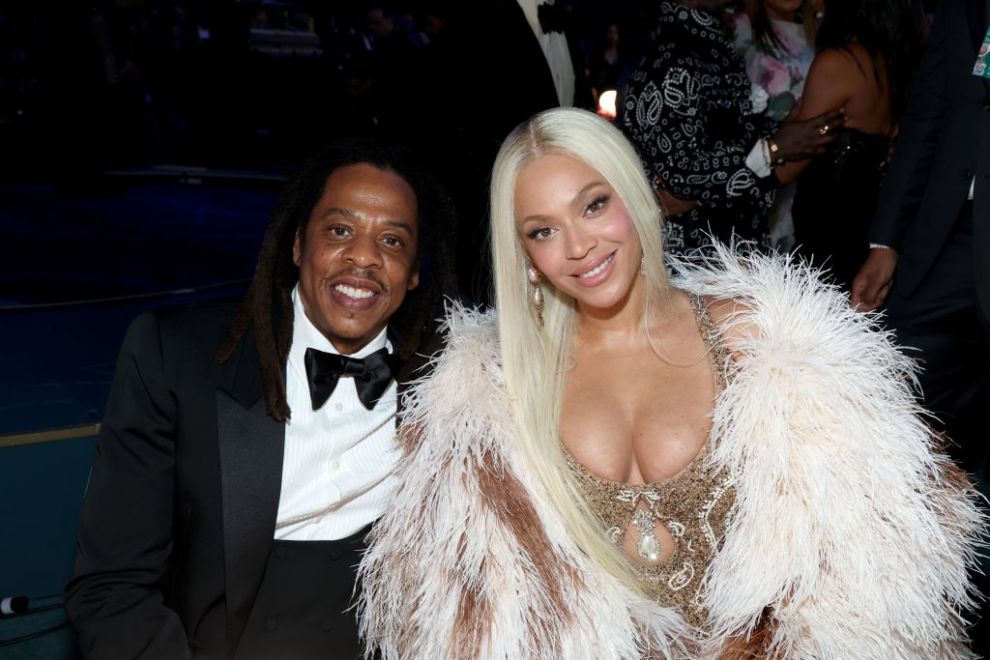In a significant development, Beyoncé and Jay-Z have been officially removed from a civil lawsuit filed against Sean “Diddy” Combs. The lawsuit, initiated by Joseph Manzaro, alleged that the couple witnessed a 2015 incident involving drugging and sexual assault at a Miami party.
Evidence Contradicts Initial Claims
Manzaro’s original complaint claimed that during a party for Combs’ son, King Combs, he was drugged and subjected to humiliating acts, including being paraded with a sexually explicit mask. He alleged that Beyoncé reacted to his appearance, questioning, “What’s this? What’s this all about? Why is this half-naked white man with a [penis] mask standing here in front of me?”
However, Jay-Z’s attorney, Alex Spiro, presented compelling evidence that the couple was not in Miami at the time. Documentation showed Jay-Z attending a college event, while Beyoncé was on vacation in Hawaii. Following this, Manzaro amended his lawsuit on April 11, removing all references to the Carters.
Continued Legal Proceedings Against Combs
While Beyoncé and Jay-Z are no longer implicated, the lawsuit against Combs persists. Manzaro continues to allege that Combs and others were involved in the 2015 incident, seeking damages for the alleged misconduct.
Combs’ legal team has categorically denied all allegations, describing them as fabrications aimed at financial gain. Combs remains incarcerated, facing multiple charges, including sex trafficking and racketeering, with a federal trial scheduled for May 2025.
This is not the first time Jay-Z has been linked to legal controversies involving Combs. A previous lawsuit accusing both of raping a 13-year-old in 2000 was dismissed with prejudice earlier this year. Jay-Z expressed relief over the dismissal, emphasizing the importance of protecting the innocent from unfounded accusations.

